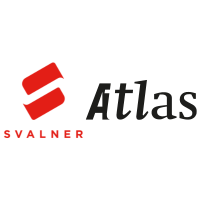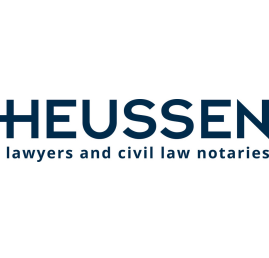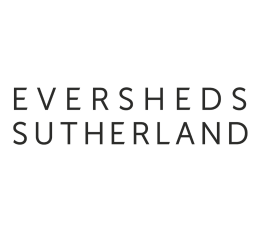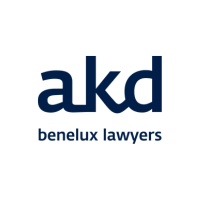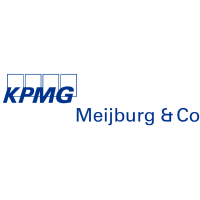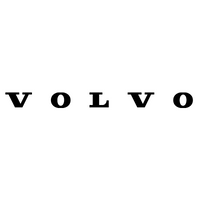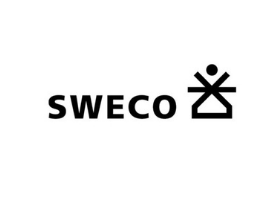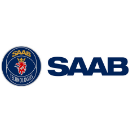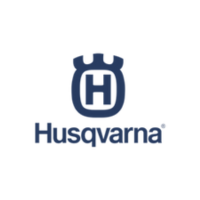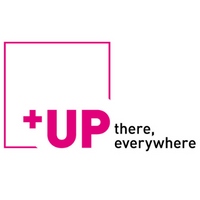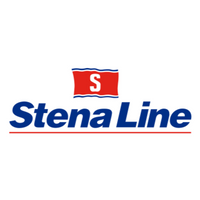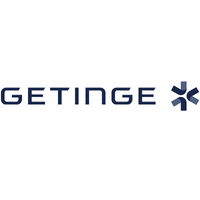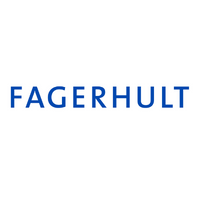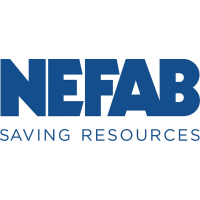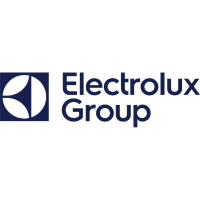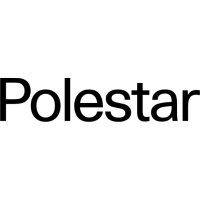The Nomination Committee of the Swedish Chamber of Commerce is pleased to announce the proposed candidates for election to the Board of Directors for the year 2025.
All Members are warmly invited to attend the Annual General Meeting on Wednesday, 28 May, to formally support the election of the new Board Members and extend appreciation to the outgoing members for their dedication and valuable service.
Board Candidate: Ellis-Jan van den Hout, Managing Director, SKF Netherlands
Recently appointed as Managing Director of SKF Netherlands, Ellis-Jan van den Hout is leading the company’s strategic focus on driving sustainability transformation across the industrial sector.
With a background in engineering and extensive experience in sales and business development within B2B environments, Ellis-Jan has long been focused on enabling cleaner technology solutions—advancing product performance that is efficient, durable, repairable, and ultimately, recyclable.
Having spent much of his career within SKF, he brings a deep appreciation for the Swedish leadership ethos—grounded in innovation, sustainability, and long-term impact. These are values he looks forward to further championing as part of the Swedish Chamber’s Board of Directors.
We look forward to introducing Ellis-Jan, together with his fellow candidates, at the upcoming AGM.
For more information about the event and other candidates,
BCS 2025 Panelist: Douwe Dirks
Head of International Sales, NORNORM
As part of the upcoming presentation of the Business Climate Survey 2025, the Swedish Chamber of Commerce is pleased to introduce Douwe Dirks as a confirmed panelist.
Douwe leads international sales at NORNORM, a circular, subscription-based furnishing model helping businesses build sustainable, flexible, and human-centred workspaces. With a solid commercial background and a strong focus on innovation, he works at the intersection of design, sustainability, and scalability—driving NORNORM’s mission to reduce waste and reshape the way companies approach their office environments.
Douwe will contribute strategic and operational perspectives from a rapidly growing, sustainability-led business model operating across multiple European markets.
Event details
Date: 28 May 2025
Time: 11:00 – 14:00
Venue: AKD, Amsterdam
For more information about the event and other speakers, please
The Nomination Committee of the Swedish Chamber of Commerce is pleased to present the proposed candidates for election to the Board of Directors for the 2025 term.
All members are warmly invited to attend the Annual General Meeting on Wednesday, 28 May, to formally support the election of the new Board Members and to thank the outgoing members for their commitment, contribution, and dedicated service to the Chamber.
Board Candidate Spotlight: Cindy Kroon, Chief Commercial Officer, Vattenfall Netherlands
Cindy Kroon currently serves as Chief Commercial Officer at Vattenfall Netherlands, where she is responsible for the full scope of customer activities in the Dutch market, including Vattenfall BtC and BtB, Delta Energy, Powerpeers, and Feenstra.
Holding a Master’s degree in Business Science from Erasmus University Rotterdam, Cindy began her career at KPMG Consulting and joined Vattenfall in 2003. Since then, she has played a central role in the development of the company’s operations in the Netherlands.
Cindy is committed to guiding both the company and its customers through the complexities of the national energy transition—contributing to Vattenfall’s overarching ambition to become net zero by 2040. She also serves on the board of the World Energy Council Netherlands, where she supports cross-sectoral dialogue and collaboration on the future of energy.
We look forward to welcoming Cindy, along with her fellow candidates, at the upcoming AGM.
For more information about the event and other candidates,
Yesterday, we had the pleasure of marking the 65th anniversary of the Swedish Chamber of Commerce in the Netherlands with a traditional fika at our office. It was a joy to welcome members and friends for coffee, cinnamon buns, and meaningful conversation. Thank you to everyone who stopped by to celebrate this special occasion with us.
A big congratulations to our giveaway winners, generously sponsored by StrommaÖ
– Hanne Hansen, recipient of a Cocktail Cruise for Two
– Wilhelm Redl, recipient of a Pizza Cruise for Two
Our team will be in touch shortly with your vouchers.
A heartfelt thank you to Stromma Netherlands for their generous contribution—and to our members: your engagement and support continue to shape the Chamber. Here's to many more years of collaboration, exchange, and community.
The Swedish Chamber of Commerce is honoured to welcome Camilla Mellander, Director General for Trade at the Swedish Ministry for Foreign Affairs, as keynote speaker at the upcoming presentation of the Business Climate Survey 2025 in Amsterdam.
The survey provides a data-driven overview of the Dutch market as perceived by Swedish-affiliated companies, highlighting current opportunities and key challenges—including regulatory uncertainty, labour market constraints, and sustainability considerations affecting a broad range of sectors.
Camilla Mellander brings extensive experience at the intersection of trade, diplomacy, and business development. Her previous positions include Consul General in New York and Ambassador to Vietnam, as well as multiple senior roles within Sweden’s foreign service.
The event will take place at AKD, Amsterdam, on 28 May 2025 from 11:00 to 14:00.







